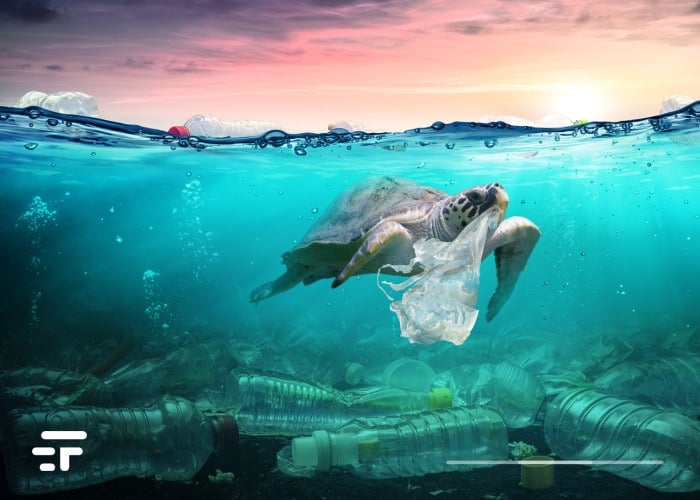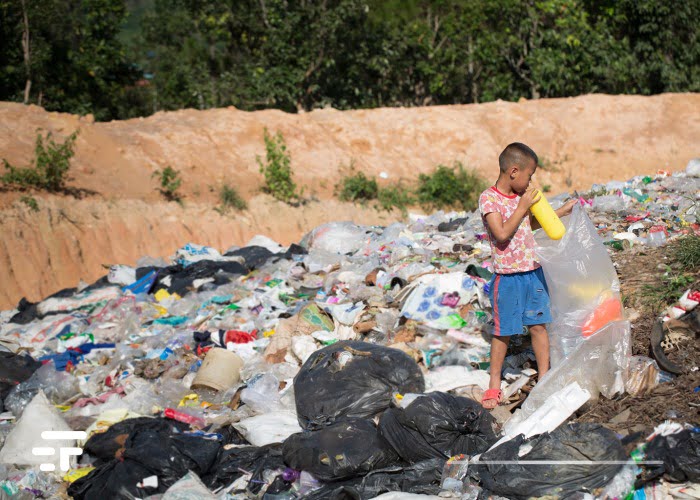In a historic action to address the world's plastic waste problem, 175 countries around the world have signed a resolution at the fifth United Nations Environment Assembly (UNITES) in Nairobi, Kenya. A resolution calling for an international “legally binding agreement” by 2024 to stop plastic pollution.
In summary: The UN has called for a global ban on single-use plastics. The landmark resolution addresses the entire life cycle of plastic, including its production, design and disposal.
The resolution calls for immediate collective voluntary action by countries towards the goal of ending plastic pollution. So let's look at the resolution, and also why its importance is gigantic.
Size of the plastic pollution problem

With today's resolution we are officially on track for a cure.
Espen Barth Eide, President of the Assembly (and Norwegian Minister for Climate and Environment)
Plastic pollution has increased tenfold since 1950, reaching two million tons in 1950 and 348 million tons in 2017, according to the United Nations Environment Program (UNEP). It is expected to expand twofold by 2040.
The UN agency said plastic pollution adds to the “triple planetary crisis”: climate change, loss of nature e pollution.
Burning plastic contributes to air pollution, while using plastic indoors can cause serious health problems such as cancer.
By 2050, plastic emissions will account for themselves 15% of total emissions allowed. Every year, 11 million tons of plastic enter the ocean through land and water pollution. More than 800 species affected by this plastic pollution (and by microplastics) through consumption, entrapment and other risks.
What the resolution means

The summit resolution is based on three initial projects submitted by Japan, Peru and Rwanda. Establishes a Intergovernmental Negotiating Committee (INC) which will begin operating this year and aims to conclude a legally binding draft agreement by 2024.
The legally binding contract would include options to address the entire life cycle of the plastic. The design, the construction of the product, the increased international cooperation to enable access to these technologies for all countries in the world.
The real war to be fought is plastic pollution
“Today is Earth's victory against single-use plastic and plastic pollution,” read the UNEP statement. This is infact of the most significant multilateral environmental agreement since the Paris Agreement. It aims to remove the biggest obstacles to creating a true circular economy on this planet.
By 2040, moving to a circular economy can reduce the amount of plastic entering the seas by more than 80%. Prevent the creation of new plastic. Saving governments 70 billion dollars. Lower greenhouse gas emissions of 25%. Finally, create 700.000 new jobs, almost all in developing countries.
The circular economy is a production and consumption paradigm that can change the world. In the circular economy, used goods and materials are shared, rented, reused, repaired, renewed and recycled for as long as possible. The concept aims to address the environmental challenges of climate change, waste management, biodiversity loss and pollution.


